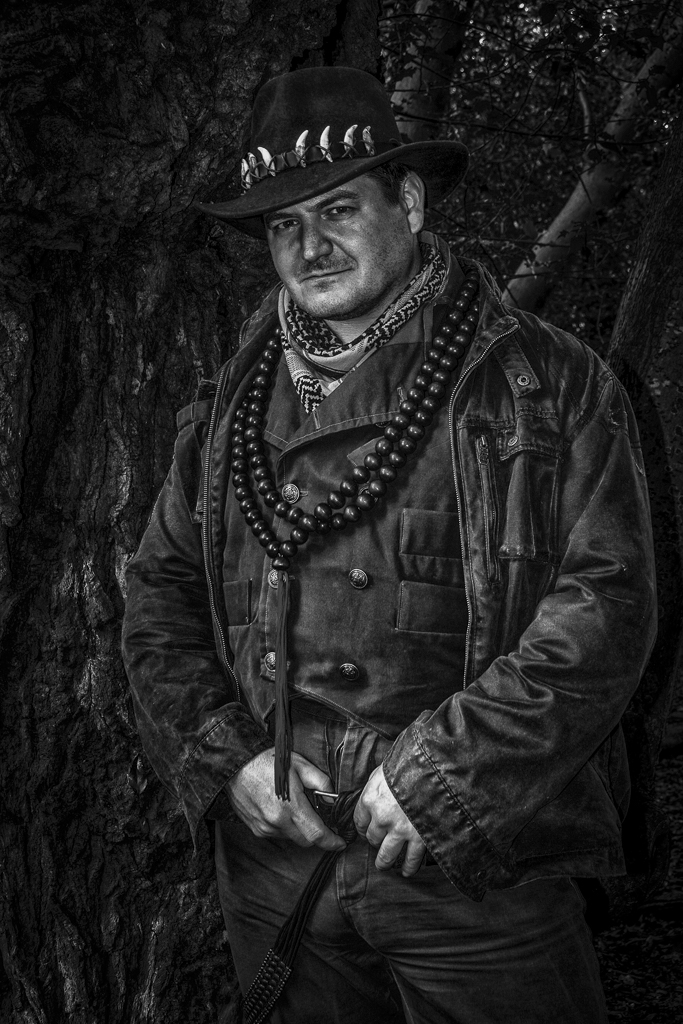

The Victor Ewing Museum of Ethereal Archaeology
Who Was Victor Ewing?
Victor Ewing was born in Kings Lynn, Norfolk in 1873 to parents Thomas and Jane. They were a normal happy family. Very much ‘of their time’. Thomas was the chief foreman of King’s Lynn docks and Jane delighted in every aspect of her role as housewife and mother. Tragically, when Victor was only six years old, Thomas was killed in an accident at work. Had it not been for Jane’s brother Stanley, Victor and his mother would have been practically destitute.
Uncle Stanley was a very wealthy man, being the owner of a large haulage company. He was a confirmed bachelor with no children of his own and held a position of great authority in his Masonic lodge. Stanley had been named God Father at Victor’s Christening and upon Thomas’s death, he stepped in to honour his responsibilities.
He used his wealth and influence to secure his godson’s education and Victor schooled in Cambridge. This was an opportunity very rarely awarded to someone of Victor’s low social standing and, as a result, Victor suffered greatly at the hands of his bullies.
When he was old enough, Victor joined the cadets. When he left school, he joined the army and the regiment of the 21st Hussars where he showed a remarkable aptitude for military tactics. He rose quickly through the ranks to the position of 2nd Leftenant.
In 1894 Victor was posted to India. In 1897 the 21st Hussars became the 21st Lancers, by which time Victor had risen to the rank of 1st Leftenant.
Victor fought at the Battle of Omdurman under the command of Sir Herbert Kitchener. When Victor’s own commanding officer was mortally wounded, Victor took control of the troops and lead them to victory. He was promoted in the field to the rank of Captain. This was something that did not sit well with the other high-born officers. Most of whom were Victor’s erstwhile school bullies.
In 1899 when the war was over Victor decided to use the privilege of rank and make his own way home rather than travel with the other officers who showed an obvious disdain for him.
A large contingent of the forces fighting on behalf of the British were Egyptian conscripts. Some of whom Victor had become good friends with. He decided to travel through Egypt with a handful of these men and stop at the various villages along the way to say his final farewells before making his way to the port of Said.
It was in the last of these villages, the night before Victor was due to set sail for home, that he had an experience he could not explain. It was an event that would change the course of his life.
When he returned to England, he related his experience to his superior officers. A tribunal was held. Victor was deemed mentally unfit to carry out his duties and ordered to take compassionate leave.
Victor took this as a huge insult. To his mind, these were the feeble actions of petty-minded men attempting to destroy his career.
Instead of languishing in doldrums, Victor decided to investigate the experiences of that night in Egypt. During these investigations, he met a man by the name of Alfred Jennings with whom, after a rocky start, Victor would become very close friends.
It transpired that Jennings was in the employment of a group of very wealthy British gentlemen with a fascination for the occult and unexplained. They had many operatives working for them, each with their own focus. Jennings’ particular area of expertise was that of ‘Magical Creatures’.
Victor and Jennings would spend the rest of their days investigating such things together. Every time Victor returned home, he would have a new and interesting (sometimes dangerous) artefact to add to his collection.
In 1959, at the age of 86, Victor wrote his final journal entry. The exact place and manner of his death are still unknown and widely contested as no evidence or remains have ever been found.
In 1976 some of the artefacts in Victor’s collection were deemed safe for public display. This collection became known as ‘The Victor Ewing Museum of Ethereal Archaeology’. There are, however, many artefacts that remain closely guarded and kept safely under lock and key.
Many descendants of Victor have carried on with his work over the years, travelling far and wide, investigating sightings of strange creatures and adding their own artefacts to the collection. Artefacts that will, perhaps, one day be displayed to the public.




